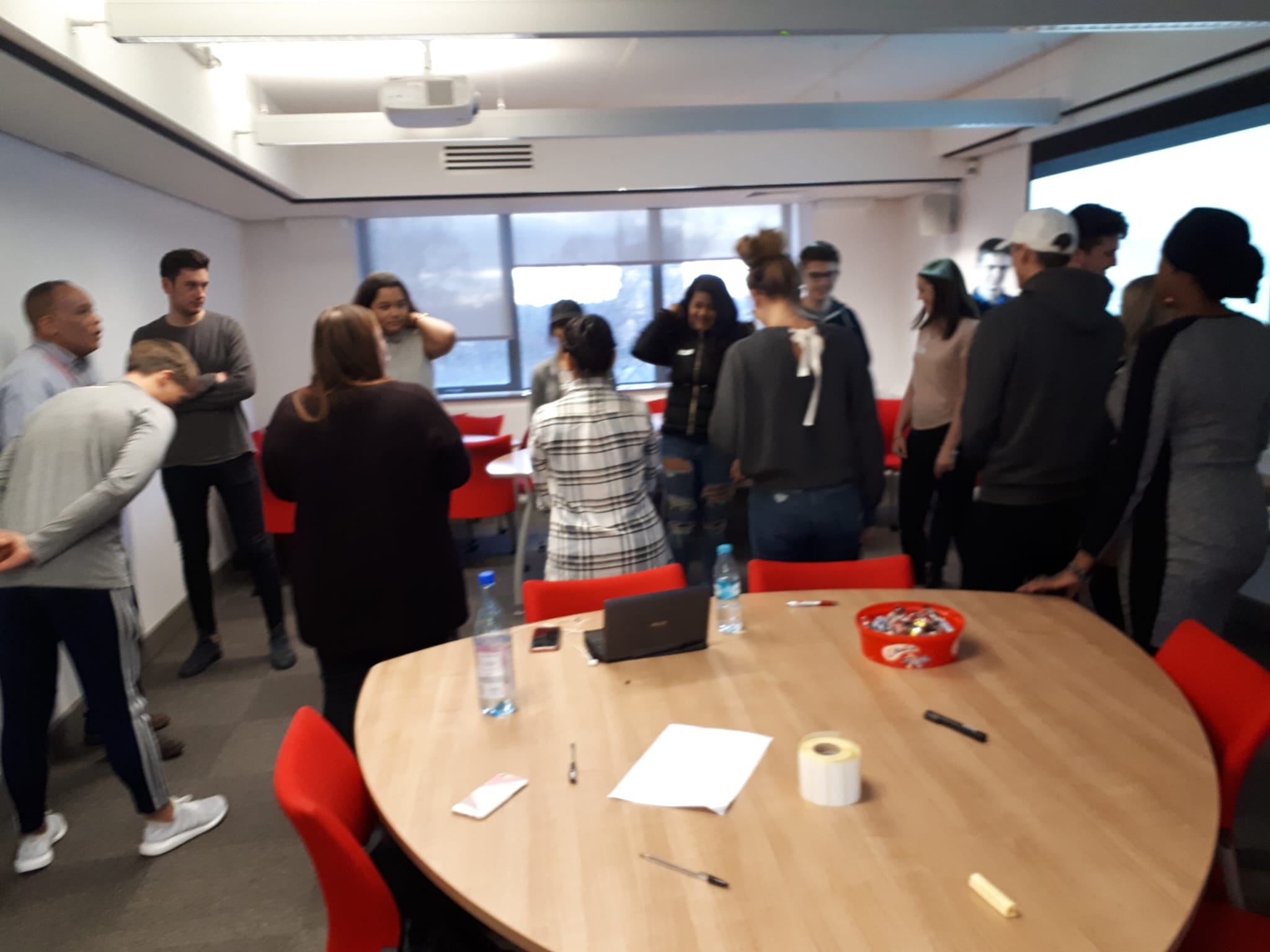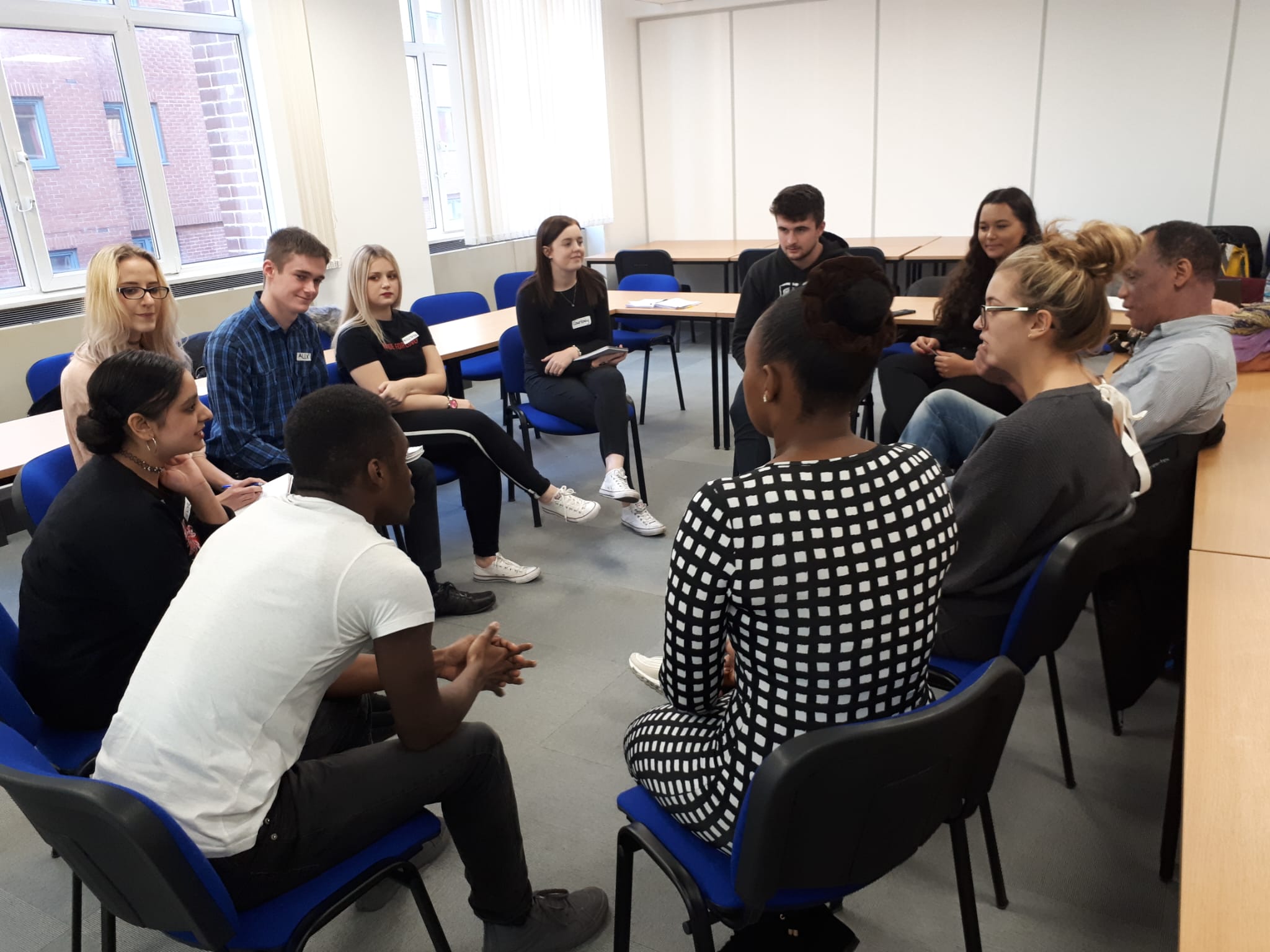Learn the skills and knowledge you need to facilitate Sensitive and Complex Restorative Justice cases, as defined by the Restorative Justice Council. Our trainings are designed for facilitators with some experience of Restorative Justice delivery.

Restorative Justice in Residential Care Homes
Restorative Justice Practitioner’s Training for Staffs Foundation Training in Restorative Justice Approaches for Staffs /young people
A restorative approach is critical in dealing with bad behaviour within the unit in order to prevent these young people compounding their difficulties. The focus should be on the four Rs of Restorative Justice: repair, restore, reconcile and reintegrate the wrongdoers and victims to each other and to their shared community.

Restorative Justice Practice in the work place
Workplaces are complex and dynamic communities; conflict occurs when systems of relationships go awry. Restorative Justice conferencing is the approach that best accommodates the complexity and emotional risks faced by teams in conflict, needing to restore their relationships and plan how best to transform the conflict into ongoing cooperation.
Workplaces experience all the highs and lows of any system of relationships. When problems emerge, our first response as staff is often to lodge a grievance.

Restorative Justice Approaches in Schools Training
Restorative Justice Practitioner’s Training for Teachers Foundation Training in Restorative Justice Approaches for Teachers
Two decades of national and international studies have found that expelled or suspended students are vastly more likely to drop out of school or end up in jail than those who face other kinds of consequences for their actions (Restorative Circles)
We are committed to train school teachers and pupils on the need and benefits of Restorative Justice Circles.
